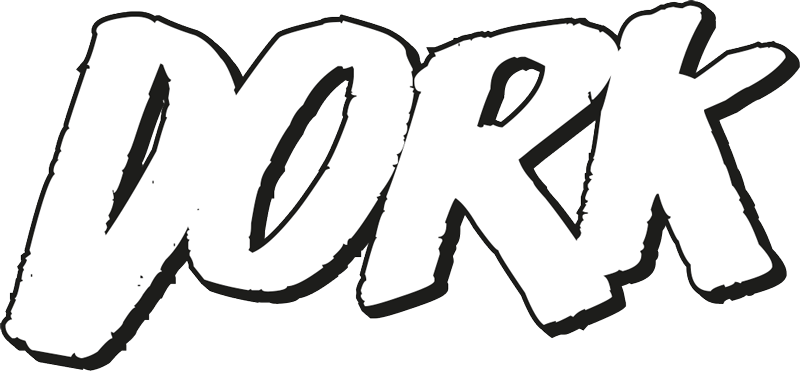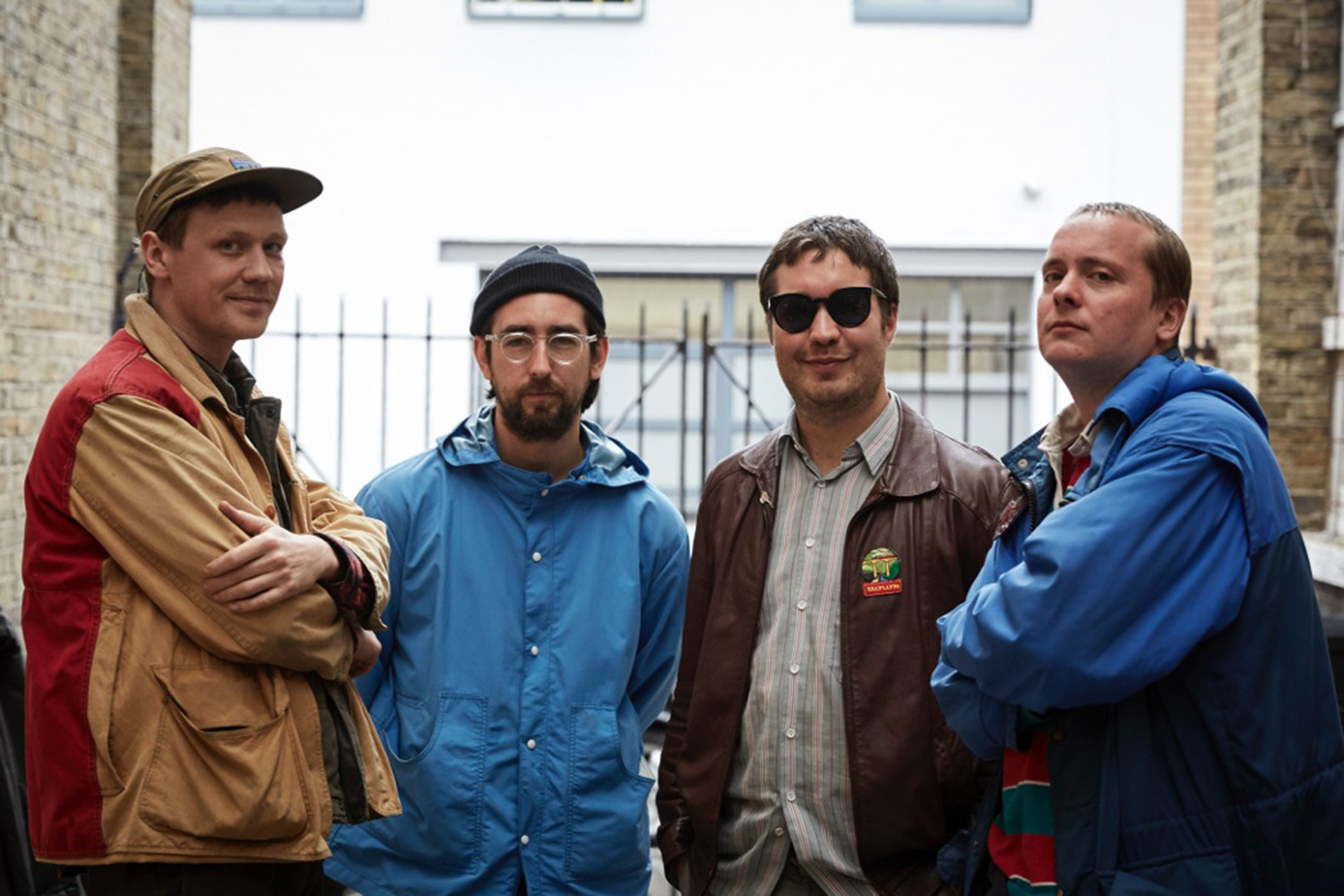“They should have booked INSERT MASSIVE BAND HERE!”, we all cry. “Why don’t they just put on more loos?”, we ask. Seriously, when it comes down to it, we don’t know much about running a festival. But that’s okay, because we’ve tracked down the people behind your favourite events, and asked them all the questions you’ll ever need to know. (Okay, maybe not the toilet one.) Next up, we have Dean Freeman from Long Division, which is taking place this weekend (1st-3rd June) with Billy Bragg, Charlotte Hatherley, The Surfing Magazines (pictured), Drahla, King Creosote, Life and loads more.
How’s it going? Excited for this year’s Long Division?
This is the most excited I’ve been about a Long Division in a long time. The hiatus for 2017 has paid off massively. It can be scary to think you’ll lose momentum or people will lose interest, but we’ve come back with a much stronger idea and sense of purpose which, during the dark times that can inevitably come, is really important.
What prompted you to start your own festival, then? That first year must’ve been super challenging.
There was this strong music scene in Wakefield, and I tried my best to shout about it through the fanzine Rhubarb Bomb. It was a good zine, but I guess I felt it wasn’t a loud enough shout. So we found that gap in the market of a music festival in the city that supported and promoted those bands. But then we did it with a larger sense of ambition, getting national acts to the city where that previously hadn’t happened outside of 150 cap venues. I don’t look back on it as challenging as such; the challenge comes in beating your last festival and keeping it fresh and useful to the city and artists.
How has the event evolved since those early days?
It’s a mix of evolution, of slow learning and also making more radical changes. Crowdfunding in 2016 was a huge but one-off success in terms of funding it and spreading the word. This year it is a mix of creating free access elements and becoming a festival that commissions brand new work and funds artists to curate their own stages, with us acting as mentors / supporters. In Wakefield, there isn’t the investment to move quickly, so we’ve slowly learnt our trade, built a reputation and developed from there. Our only real change has been from promoting a grassroots music scene to promoting a wider arts scene and realising the city and its spaces are our biggest asset. We formed as a CIC this year which feels like a really big and positive step.
Are you guys crazy busy at the moment, what’s a typical day like for you?
It really ebbs and flows. We just passed a milestone of finishing programming. It’s now about promotion and logistics and getting across the message of all we are doing, which can be quite complicated as we try to do so much. There is no typical day. I work full time for a charity, and other members of the board are working artists in various fields too so it’s what we can, when we can. So actually yeah, crazy busy is about right.
Tell us about the festival’s arts and culture programming, how did that element of the event develop and what’ve you got planned for this year?
Wakefield has a really interesting arts scene and one that is both more high profile and prolific than the music scene. Wakefield has suffered with venue losses and lack of investment with regards to music, yet sits in a city with two national museums of the year (The Hepworth & Yorkshire Sculpture Park) and an awful lot of artist studios and a thriving spoken word scene. Part of our hiatus rethink was to bring all of that together because although they can be plentiful, they can be disperate. Our Arts Council funded project “A Manifesto For A New Wakefield” has directly funded 13 new pieces of work from Wakefield artists who quite often simply can’t get access to funding from elsewhere and only two involve music. So, like we used to trick people to Wakefield to see headliners like The Fall, Ghostpoet, The Cribs etc. but they’d end up watching these amazing local bands; we now do the same but with art too.
How do you go about curating your line-up, and what are some of your fave bookings from the festival’s history?
We’re much more interested in the ethos of a band than a style. We’ve made a distinct effort this year to expand beyond our tastes (I seem to just book Scottish bands myself) by having other people and groups curate stages. That’s included BBC Introducing, Girls That Gig, Come Play With Me, DMF Digital, Higher Rhythm and Wakefield poet Simon Widdop. Memorable shows for me were Aidan Moffat and Bill Wells in our beautiful theatre, Jeffrey Lewis who also hung about until the Sunday to give a talk on comic books, and then bands like Hookworms and Eagulls who played for us really early on and in these small spaces. I also have to say that seeing Ash play their hits (and this is from a guy who likes his downbeat music) was pretty damn awesome, and they were lovely people too.
What advice would you give someone who’d like the launch their own event, like Long Division?
I think if a festival is good, it should be really personal to who makes it. So my advice shouldn’t be of any use to you because we’re different people. I’d say practical things like, be organised, ask for advice, do your research. Those things might help you create something that lasts a while. But maybe you are the type of person who would just do one festival so crazy and out of control and brilliant that it only happens once but is remembered forever. If you create a festival you end up living with it 24/7, so make sure it is a festival whose company you enjoy and can feel proud of.
You can find out more about this summer’s festival fun in Dork’s Festival Guide 2018 – order your copy below. Long Division takes place from 1st-3rd June in various venues in Wakefield.





